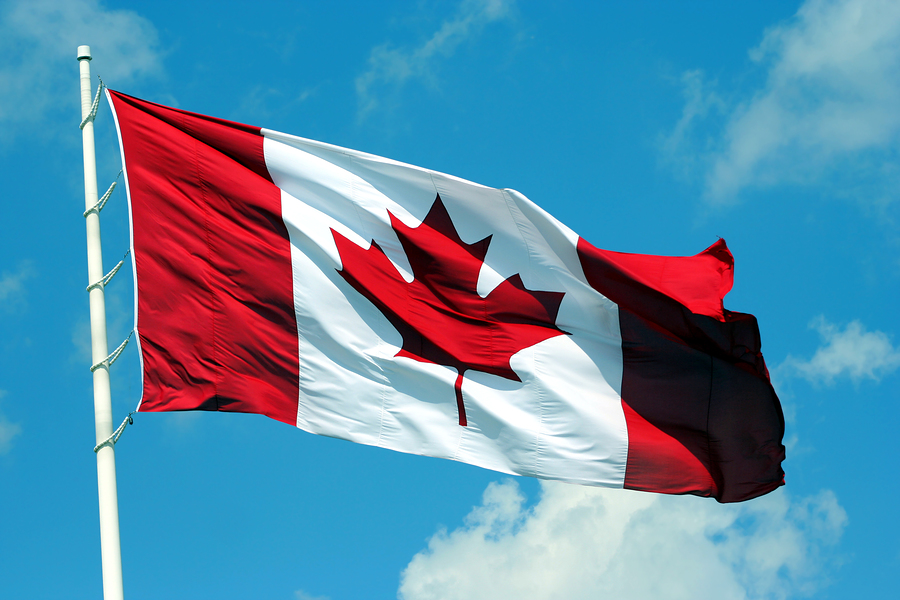3 March, Ottawa: Canada’s economy grew at an annualized rate of 2.6 percent in the final months of 2016, catapulted by goods purchases and stock market commissions, the government statistical agency said Thursday.
The fourth quarter gross domestic product (GDP) — a broad measure of the economy’s output — beat analysts’ forecasts, following a 3.8 percent bump the previous quarter, which Statistics Canada revised upward in its latest announcement.

Growth in household expenditures slowed. There was an uptick in outlays on durable goods, as well as financial services such as mutual fund, stock and bond commissions.
Investment in new housing also increased, bouncing back from two weak quarters.
Export growth slowed in the quarter, while imports fell. Investments in machinery and equipment, as well as intellectual property were also down.
For all of 2016, GDP rose 1.4 percent, up from 0.9 percent the previous year.
Driven by household expenditures, much of this growth occurred in the first half of the year, said Statistics Canada. It decelerated toward the end of the year.
Weakness in the energy sector resulted in lower business investment, which posted a double-digit (-10.7 percent) decline for a second consecutive year.
The housing market, in contrast, was up due to new home construction and renovations.
Government spending also bolstered the economy.
Exports were up, while imports fell.
———-
Eastern members oppose ‘multi-speed’ EU
WARSAW, March 2, 2017 (AFP) – Prime ministers from four eastern EU members on Thursday rejected a future “multi-speed” bloc and demanded Brussels have an agreement on its post-Brexit future hammered out before a key summit in Rome later this month.
“We do not agree for there to be any divisions in the EU and we never will,” Poland’s Prime Minister Beata Szydlo told journalists in Warsaw at a joint press conference with her Czech, Hungarian and Slovak counterparts.
“We don’t want more or less Europe, we want a better Europe,” she added.
EU powerhouse members Germany and France have voiced support for the “multi-speed” option, saying it would allow some members to move forward with projects like closer defence cooperation without waiting for reluctant countries to get on board.
The four eastern EU partners cooperating in the so-called Visegrad group said in a joint statement that “any form of enhanced cooperation should be open to every member state and should strictly avoid any kind of disintegration of the single market, the Schengen (visa free travel) area and the European Union itself.”
Szydlo also said the four leaders “expect European Council head Donald Tusk to agree proposals about EU reforms earlier, so that we’ll meet in Rome just to jointly announce a plan for Europe.”
Slovakia’s Prime Minister Robert Fico warned that “preparations for the Rome summit, which is very important for the future of the European Union, are pathetic.
“Rather than being a vision of the future of Europe it (the Rome summit) may become a gathering touting individual national interests and today this won’t help anyone, it can only harm us,” he said.
European Commission chief Jean-Claude Juncker on Wednesday laid out five possible scenarios for the EU after Britain leaves.
They include reducing the European Union to just a single market, returning some powers to member countries and creating a “multi-speed” Europe.
EU leaders will now consider Juncker’s options ahead of a summit in Rome on March 25 marking the bloc’s 60th anniversary, where they will make their own declarations about the way forward after Britain’s expected departure in 2019. AFP
– See more at: http://nepaliheadlines.com/canada-economy-grew-2-6-fourth-quarter-official-data/#sthash.rLZc27QH.dpuf
